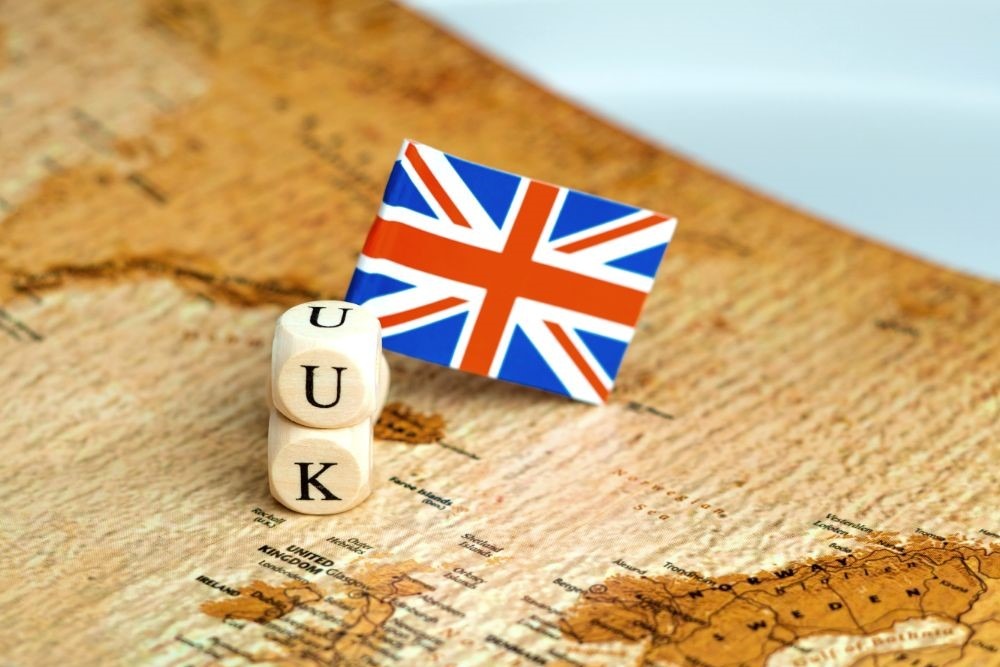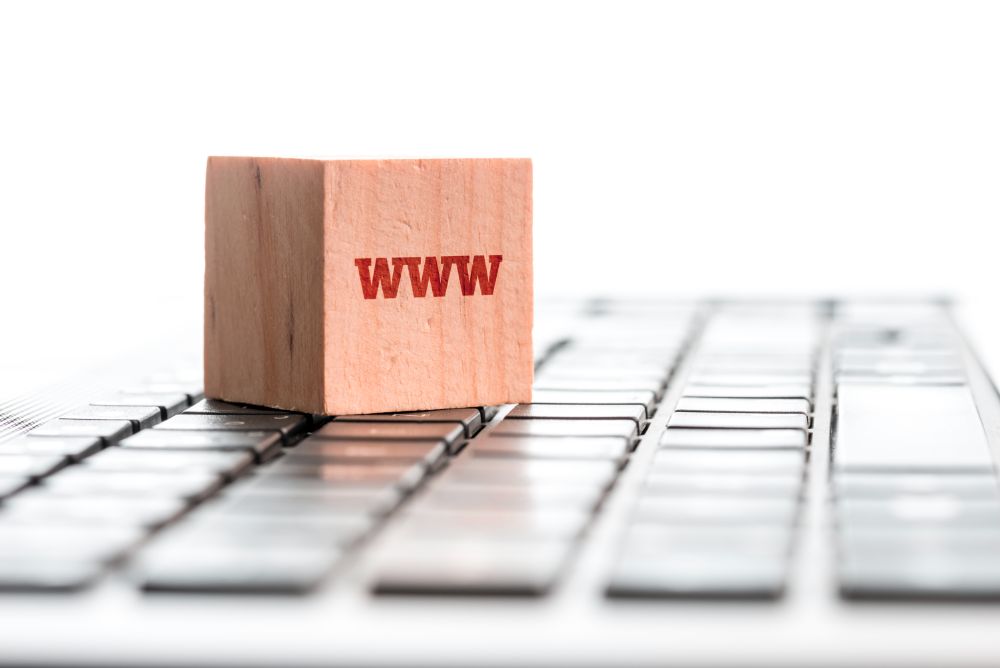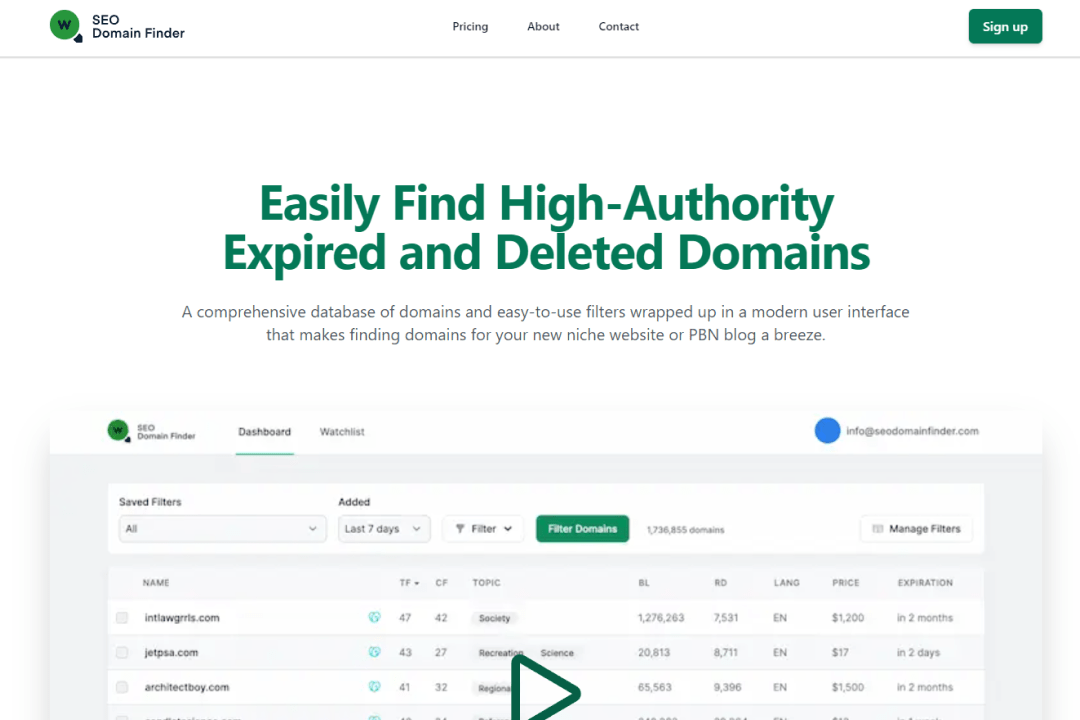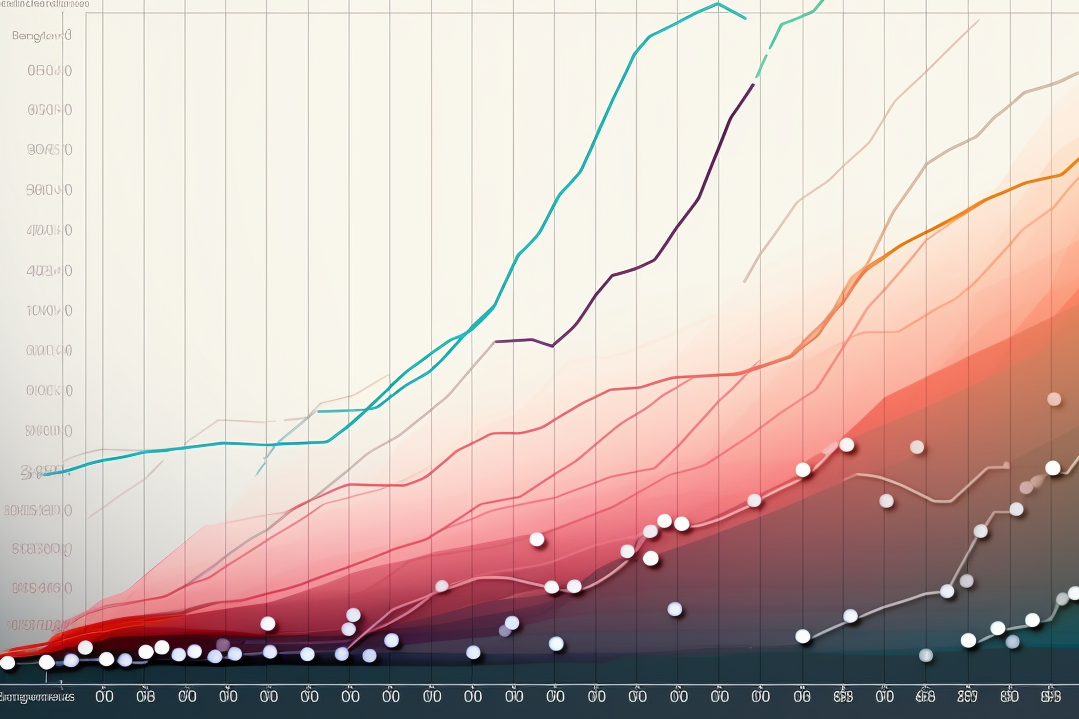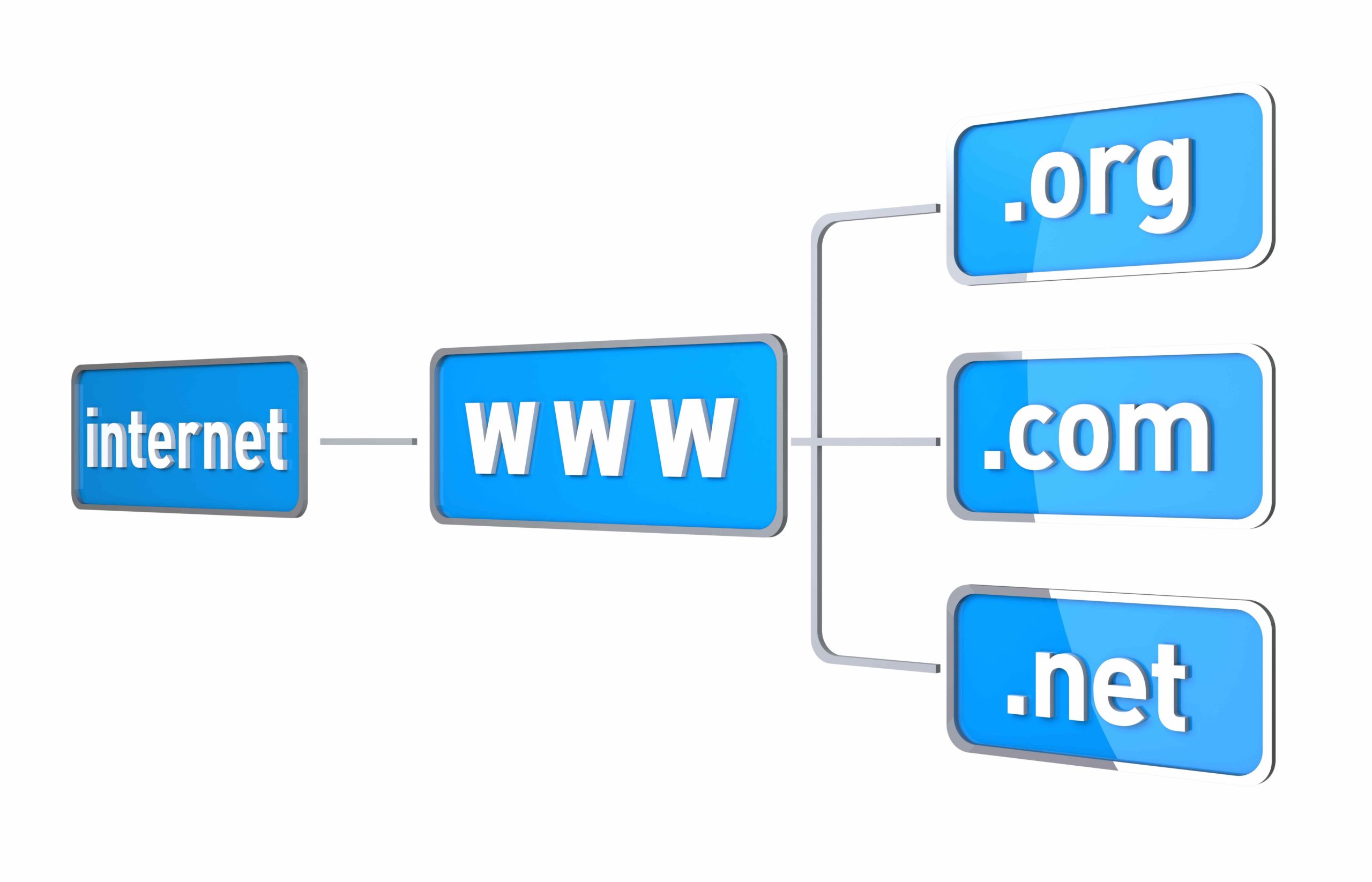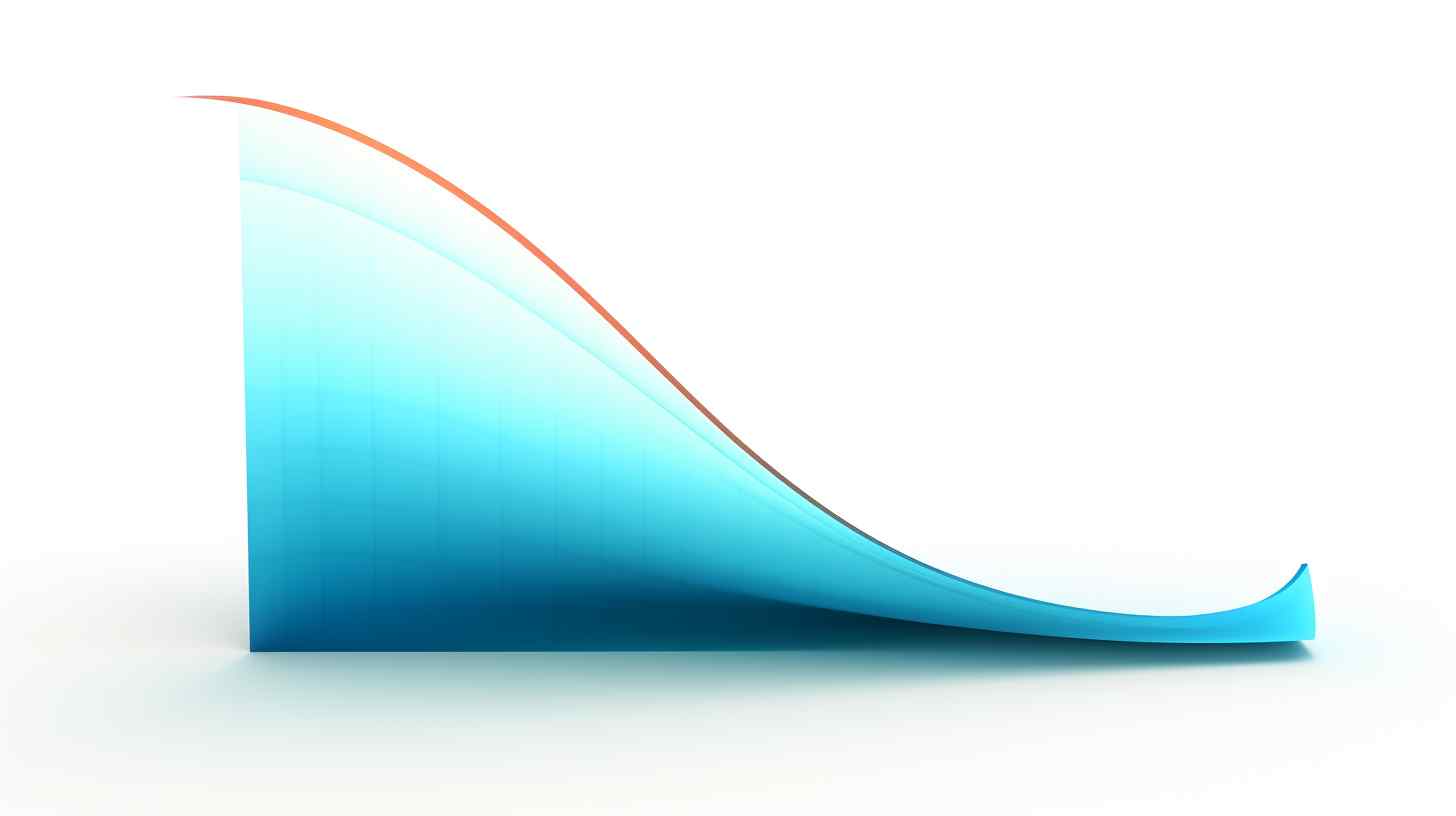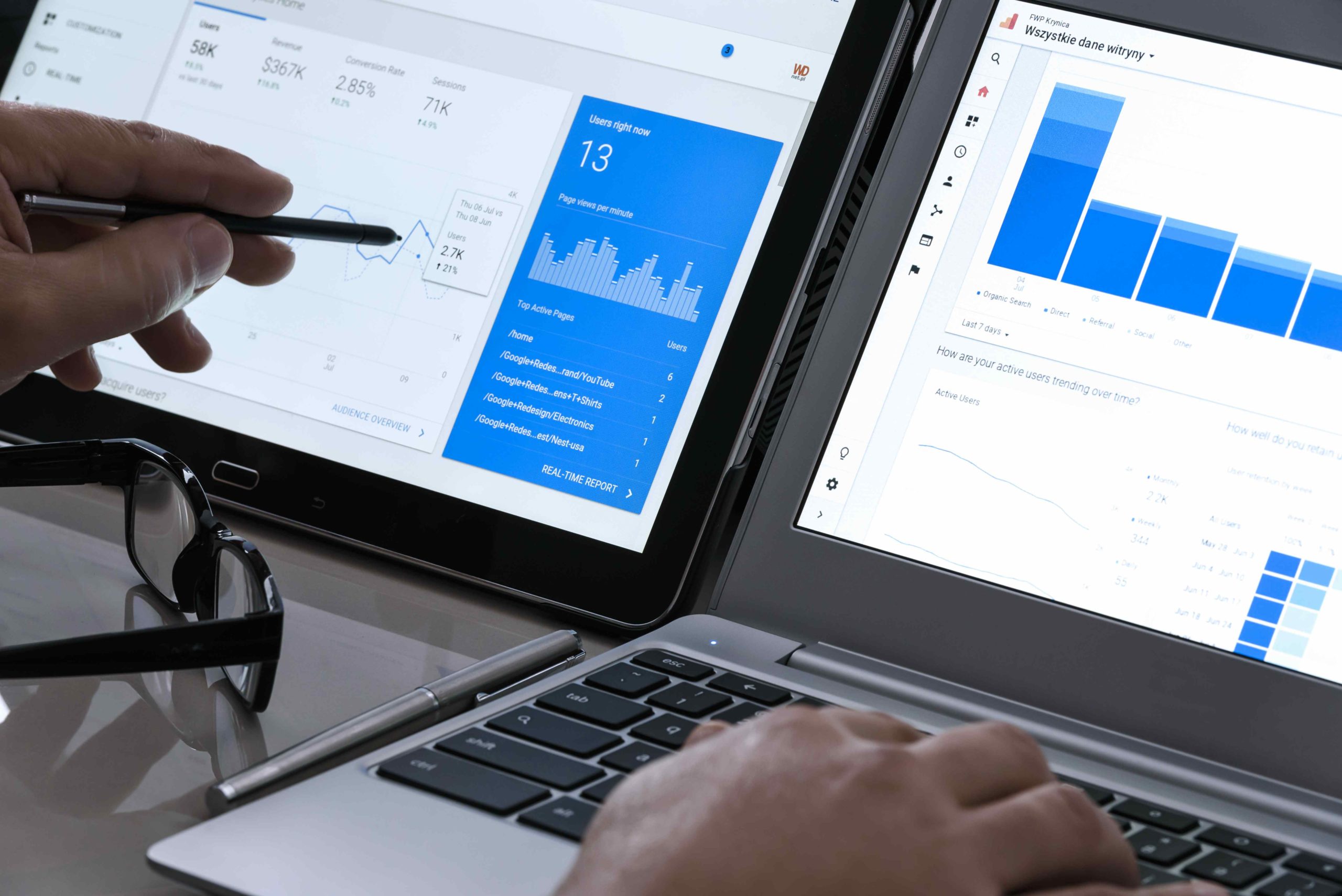
Domain Authority (DA) and Page Authority (PA) are two metrics developed by Moz to predict how well a website or a specific page will rank on search engine results pages (SERPs). While they are similar in some ways, the two have key differences.
In this article, we’ll share everything you need to know about DA and PA and their differences.
Understanding Domain Authority
Domain Authority (DA) is a metric created by Moz to predict how well a website will rank on search engine results pages (SERPs). A higher DA indicates a more reputable and trustworthy site.
Also, it shows how closely your website aligns with your niche or a specific topic. It verifies your domain’s overall strength and influence regarding search engine rankings.
Keep in mind that Domain Authority (DA) shouldn’t be the only factor to evaluate the success of your SEO strategy.
How Is Domain Authority Scored?
DA is scored from 0 to 100 using a logarithmic scale. That means you’ll have an easier time growing your DA from 0 to 10 than you will grow it from 90 to 100. All new websites start with a DA of 1 and can grow from there.
What is Good Domain Authority?
DA search engine ranking score evaluates the quality and quantity of links your web pages receive.
Assume you have backlinks from high authority pages like Wikipedia, Google, or other renowned magazines and pages. In that case, you’re more likely to score a better DA.
Getting quality backlinks will rely on the characteristics of your website and the type of industry, which means your DA may vary from another business in the same industry.
Here’s a general breakdown of what each Domain Authority score means:
- Below 30: Poor
- 30 to 40: Below average
- 40 to 50: Average
- 50 to 60: Good
- 60 to 70: Very good
- Above 80: Excellent
Remember: DA isn’t a direct Google ranking signal! It just provides useful insights into your website’s potential performance in search results.
Our advice is to compare your site to competitors at your level and then work to improve your DA accordingly.
For example, if all of your competitors have DAs between 50 and 60, you’ll want a DA that’s 61 or higher. But if all your competitors have DAs between 5 and 10, you only need a DA of 11 or more.
Understanding Page Authority
Page Authority (PA) is another metric developed by Moz that predicts how well a specific page will rank on search engine result pages (SERPs)
PA is based on three criteria: how much the page is trusted, how much your links contribute to the page, and how recent the last update was. Pages with high-quality content and reliable backlinks will see a rise in page authority.
It is important to note that in the past, Google had its own Page authority metric, which has nothing to do with Moz’s metric. So don’t mistake them.
How Is Page Authority Scored?
Page Authority is scored using the same 100-point logarithmic scale as DA, with higher scores showing a greater chance to rank.
PA is calculated based on data collected from Moz’s web index, which accounts for dozens of factors, including the number and quality of backlinks, content quality, and user behavior.
What is Good Page Authority?
As we already discussed about DA, there is no specific “good” or “bad” PA score. It all depends on the competitive landscape and the scores of other pages in the same niche.
PA is a comparative metric and should be used to analyze individual pages’ performance and identify areas that need improvement.
To improve your PA, focus on improving your page’s overall SEO health, such as optimizing your content, building high-quality backlinks, and improving user experience.
Differences Between Domain Authority and Page Authority
Domain Authority and Page Authority are very similar metrics, but there are several major differences:
- Definition: Domain Authority measures the strength of entire domains or subdomains, while Page Authority measures the predictive ranking strength of a single page
- Purpose: Domain Authority helps you understand the quality of your website compared to your competition and predicts the chance that your website will rank in the SERPs. On the other hand, Page Authority predicts how a particular page from your website will rank on the SERPs. It helps you prioritize and define what you need to improve or develop based on the individual page.
- Calculation: Both metrics are calculated using the same methodology, which includes factors like link counts and other metrics that impact the score. However, Page Authority is calculated at the individual page level, while Domain Authority is calculated for the entire domain.
- Influence: Building more links to your individual pages can raise your Domain Authority, and raising your Domain Authority in general will increase the Page Authority of your individual pages.
How to Increase both DA and PA
Increasing both Domain Authority and Page Authority is essential for improving search engine rankings and driving more organic traffic to your website.
Here are some strategies to increase both DA and PA:
Focus on content quality
Creating high-quality, informative, and engaging content is crucial for attracting backlinks and improving your website’s authority. Long-form content and a significant amount of copy at the domain level can signal to search engines that you are an expert in your niche.
Build a strong backlink profile
Backlinks are a critical factor in determining both DA and PA. Focus on acquiring high-quality, authoritative backlinks from reputable websites in your niche. You can do this by reaching out to influencers, bloggers, and journalists and offering them valuable content or resources in exchange for a backlink.
Optimize on-page elements
Ensure that your website’s on-page elements, such as title tags, meta descriptions, and header tags, are optimized for relevant keywords. This can help search engines understand the relevance and authority of your content, which can positively impact your DA and PA.
Improve website loading speed
A fast-loading website not only provides a better user experience but also signals to search engines that your site is well-maintained and authoritative. Optimize your website’s loading speed by compressing images, minifying CSS and JavaScript, and using caching techniques.
Promote your content on social media
Sharing your content on social media platforms can help increase its visibility and attract more backlinks and social signals, which can positively impact your DA and PA.
Guest blogging
Writing guest posts for other authoritative websites in your industry can help you build relationships, gain exposure, and acquire high-quality backlinks, which can improve your DA and PA.
Monitor and disavow bad backlinks
Regularly monitor your backlink profile and use Google’s disavow tool to request the removal of any low-quality or spammy backlinks that may be negatively impacting your DA and PA.
Improve website user experience
A well-designed, user-friendly website can help improve your website’s authority and user engagement, which can positively impact your DA and PA. Ensure that your website is mobile-friendly, has a clear navigation structure, and provides a seamless browsing experience for your visitors.
Conclusion
Domain Authority and Page Authority scores are useful indicators of how well your site will rank in the SERPs, but they don’t guarantee top rankings.
Remember that increasing both DA and PA is a long-term process that requires consistent effort and a focus on providing value to your audience. By using the right SEO strategies, you can gradually improve your website’s authority and search engine rankings.















